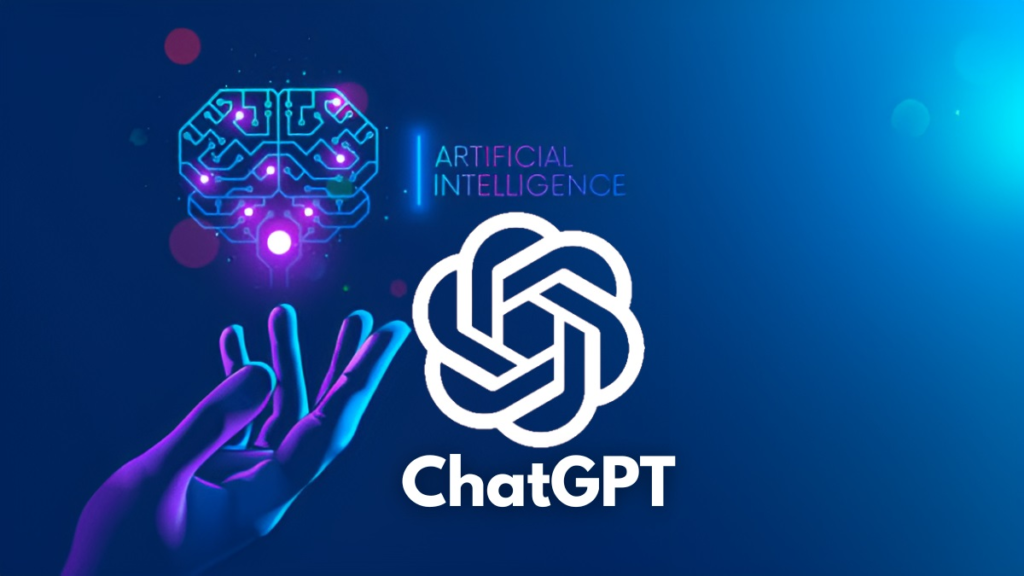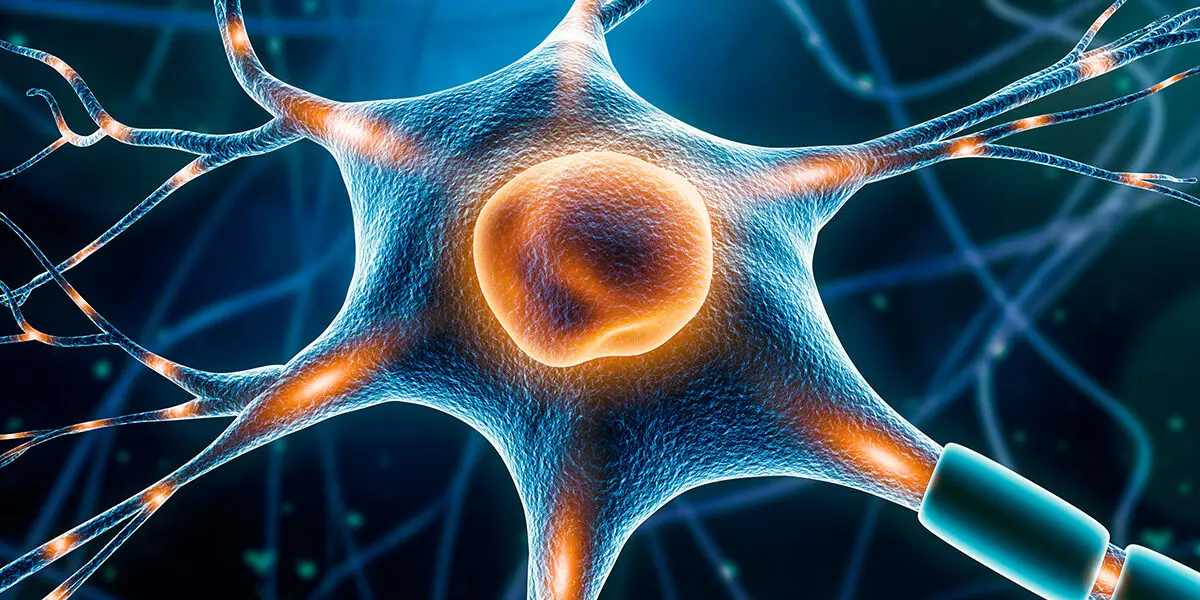What are the benefits?
One of the key benefits of ChatGPT is its versatility. It can be used for a wide range of applications, including customer service, personal assistance, and even creative writing. ChatGPT can also be integrated with a variety of platforms, including websites, messaging apps, and voice assistants, making it highly flexible and adaptable.
In addition to its versatility, ChatGPT is also highly scalable. Because it is an AI-based solution, it can handle a large volume of queries simultaneously, allowing businesses to efficiently manage large volumes of customer inquiries without having to invest in additional resources.
Why do I still need a Copywriter?
While Chat GPT can generate text that is similar to what a human copywriter might produce, it is not designed to replace human copywriters entirely. There are several reasons for this.
Firstly, Chat GPT is a machine learning algorithm, and while it can produce high-quality text, it does not have the same level of creativity or insight that a human copywriter can bring to a project. A human copywriter can think beyond the parameters of the data fed into the machine and can use their intuition, experience, and creativity to come up with unique and compelling ideas.
Secondly, Chat GPT is limited by the data it has been trained on. It can only produce text based on the data it has been fed, which means it may struggle with producing content on subjects that are outside of its training data.
Finally, copywriting involves more than just generating text. It requires an understanding of marketing strategy, brand voice, and audience targeting, as well as the ability to collaborate with other members of a marketing team. These are skills that are difficult for a machine to replicate.
In summary, Chat GPT is a powerful tool that can assist copywriters in their work, but it is unlikely to replace them entirely.
What are the ethical Implications?
Chat GPT is a machine learning model that is designed to generate human-like responses to text-based input. While the technology has many potential applications, including in customer service, content creation, and language translation, there are also ethical implications to consider.
One of the primary concerns with Chat GPT is the potential for it to be used to spread misinformation or propaganda. The model is capable of generating convincing fake news articles or social media posts that could be used to manipulate public opinion or spread false information. This could have serious consequences for democracy, public safety, and individual privacy.
Another ethical concern is the potential for Chat GPT to perpetuate biases and stereotypes. The model is trained on large datasets of text, which can reflect the biases and prejudices of the people who created the data. If these biases are not addressed, the model may generate responses that perpetuate harmful stereotypes or discriminate against certain groups of people.
Additionally, there are concerns about the impact of Chat GPT on the job market. As the technology becomes more advanced, it could replace human workers in certain industries.
To mitigate these ethical concerns, it is important for developers and users of Chat GPT to prioritise transparency and accountability. This could include measures such as providing clear disclaimers when Chat GPT is being used, implementing safeguards to prevent the spread of misinformation, and regularly auditing the model to identify and address biases.
In conclusion, while Chat GPT has the potential to revolutionise many industries, it is important to consider the ethical implications of its use. By prioritising transparency and accountability, we can help ensure that the technology is used in a responsible and ethical manner.
ChatGPT is revolutionising the way businesses engage with their customers. Its cutting-edge natural language processing abilities, scalability, and versatility make it a top choice for conversational AI. However, it’s important to note that ChatGPT is not here to replace the art of brand copywriting, which remains a uniquely human skill. Instead, it can work hand-in-hand with copywriters to enhance and optimise customer interactions, leading to even greater success for businesses.”





